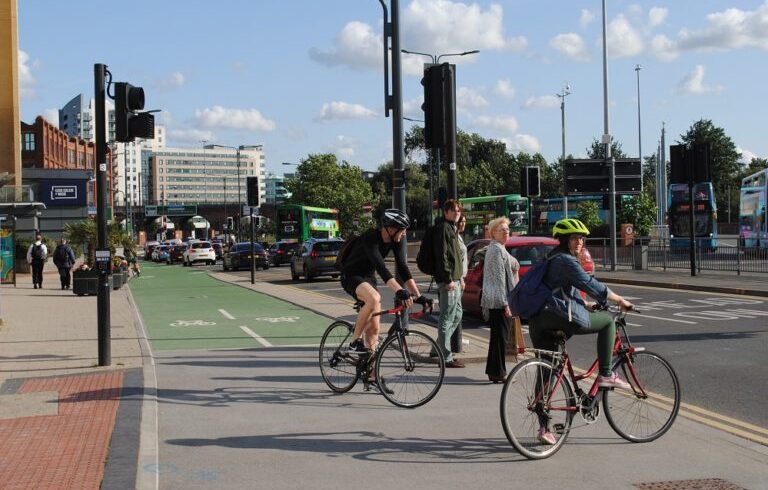
The Spokane City Council is moving forward on its plan to replace all city-owned vehicles with electric models by 2030 as part of an overall strategy to combat climate change.
The vote to establish a fuel surcharge on department vehicles to pay for charging stations was approved by Council President Breean Beggs and Councilors Betsy Wilkerson, Karen Stratton, Lori Kinnear and Zack Zappone.
Voting in opposition were Councilors Michael Cathcart and Jonathan Bingle.
The Green Fleet Implementation Plan provided to the city by Frontier Energy requires installation of various electric vehicle charge stations throughout the city.
The fuel surcharge that took effect Tuesday will be in place for the next five years. The added charge for unleaded fuel is currently calculated at 34 cents per gallon, and 46 cents for diesel.
However, the total per gallon charge will be no greater than the difference between the average local retail fuel prices and the gas and diesel charges of Fleet Services, including markup and applicable taxes.
City officials contend that will ensure that fuel prices for department vehicles remain below those at retail gas stations.
Money raised by the surcharge will be placed into a reserve account to use for charging stations that city officials will make available to the public to encourage the reduction of greenhouse gas emissions.
The official policy of the city, as set by the council, is “to acknowledge and recognize the occurrence of human-caused climate change. The city also recognizes the vast scientific consensus regarding this matter, and acknowledges that the potential impacts of climate change pose a real threat to the health and well-being of Spokane’s citizens.”
In 2018, Spokane adopted a goal of 100% renewable electricity by 2030. That goal became a requirement (with a deadline of 2045) when Washington lawmakers passed the Clean Energy Transformation Act the next year.
On Monday, the council reconstituted its Sustainability Action Subcommittee (SAS) with structural and governance changes to work toward that goal. The panel will explore ways to enact a more than 80-page plan from 2009 and that was updated last year with climate-specific goals. City officials believe the plan will also make the entire region more resilient to economic pressures and disasters.
The SAS will design an action roadmap to reduce fossil fuel consumption through a mix of energy initiatives, such as creating a low-income solar program and expanding regional access to clean transit.
The sustainability plan also seeks to ensure that construction factors in efficiency and renewable energy. Community health is another part of the plan, with a focus on equitable access to housing and food.
There will now be a steering committee for the SAS that includes designated seats for “historically underrepresented communities.” These are identified as low-income, youth, and population groups considered at high-risk to the impacts of climate change.
Data will be collected by the Environmental Justice & Equity Workgroup, another arm of SAS, about how city proposals and programs will affect racial, ethnic, gender identity, national origin, income level, disability, sexual orientation or other existing disparities.
Other SAS workgroups include Buildings & Energy, Transportation, Planning & Land Use, Waste & Recycling, Water Resources, Natural Environment, Health & Wellbeing, Communications and Sustainable Workforce.
Each of these groups will have one advisory vote to aid the steering committee in decision-making.
This article was originally posted on Spokane adds fuel surcharge on city fleet to aid climate change fight